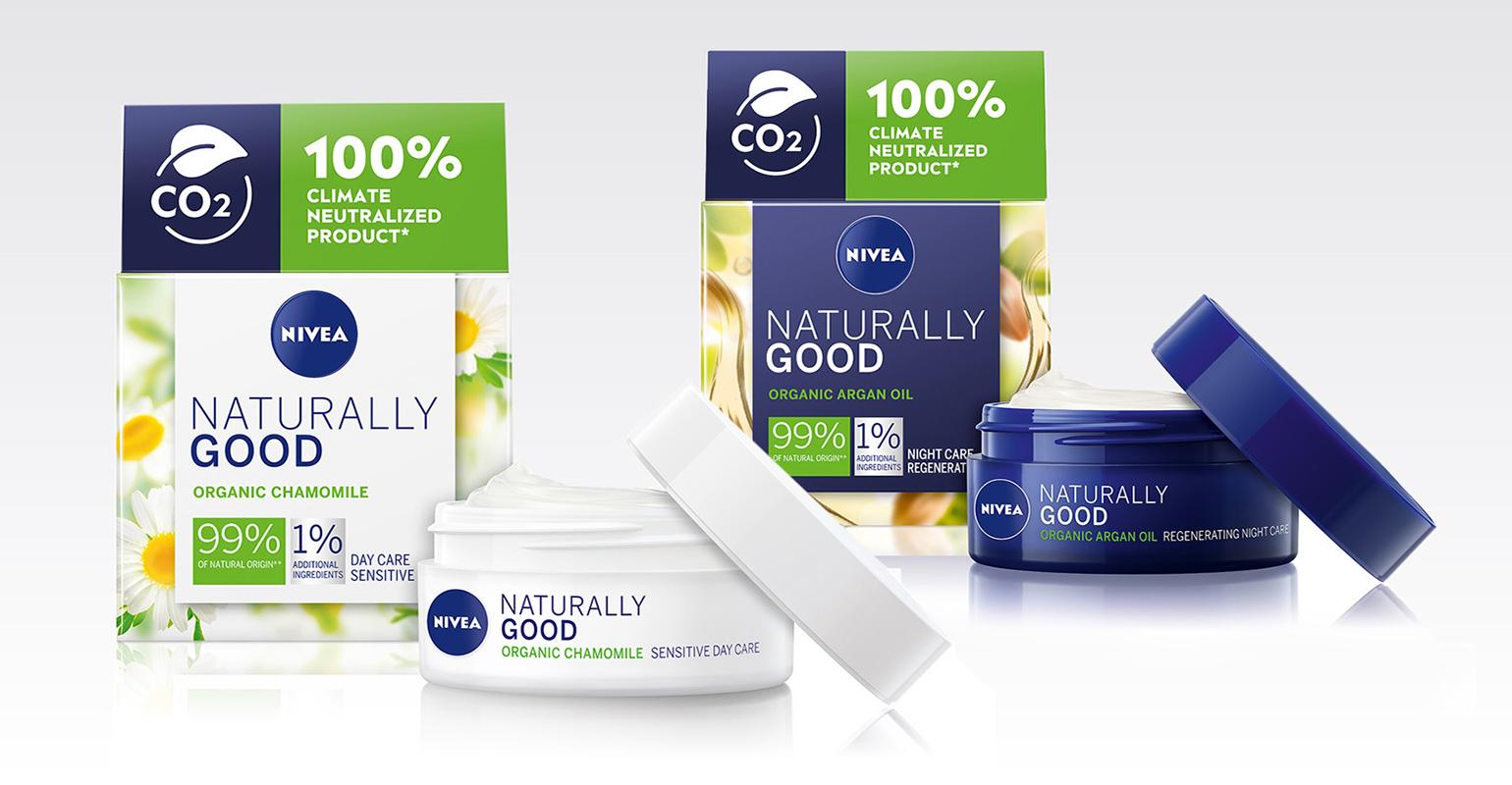
Starting in June, the face-care products of Nivea Naturally Good will be on-shelf in about than 30 countries with more environmentally supportive cosmetic packaging.
The idea was begun in late 2021 when Beiersdorf announced working to produce more sustainable cosmetics packaging using certified renewable polypropylene (PP) from global petrochemicals manufacturer SABIC’s TRUCIRCLE portfolio to replace fossil-based virgin plastic.
"We are proud to be a pioneer among our industry in the field of renewable plastic packaging,” says Jean-François Pascal, VP corporate sustainability at Beiersdorf. “The ambitious targets we have set ourselves with our Care Beyond Skin Sustainability Agenda are being put into practice with a great deal of commitment and hard work."
The project began with a comprehensive analysis of the market for alternative plastics. Material requirements were stringent.
"Our excellent skin care products obviously include a high-quality packaging, which has to fulfill many requirements," says Michael Becker, head of global packaging development at Beiersdorf. "On the one hand, this concerns visual and tactile features that our Nivea consumers are acquainted to, but packaging recyclability is also an important aspect for us in line with our vision of a circular economy that we aim to support."
Another essential criterion in the selection of the raw material and the supplier was that the "feedstock concept", which for the Nivea Naturally Good face care packaging is based on a second-generation raw material: tall oil. Producing a cosmetic packaging from sugar cane or corn and thus using a source of food had been out of the question. "The certified renewable plastic we source from Sabic has no visual effects or other adverse properties,” explains Hannah Rasel, Beiersdorf senior packaging specialist. “The jar made of renewable PP is neither visually nor haptically distinguishable from the previous packaging. In addition, SABIC pursues a holistic sustainability approach with its feedstock concept.”






